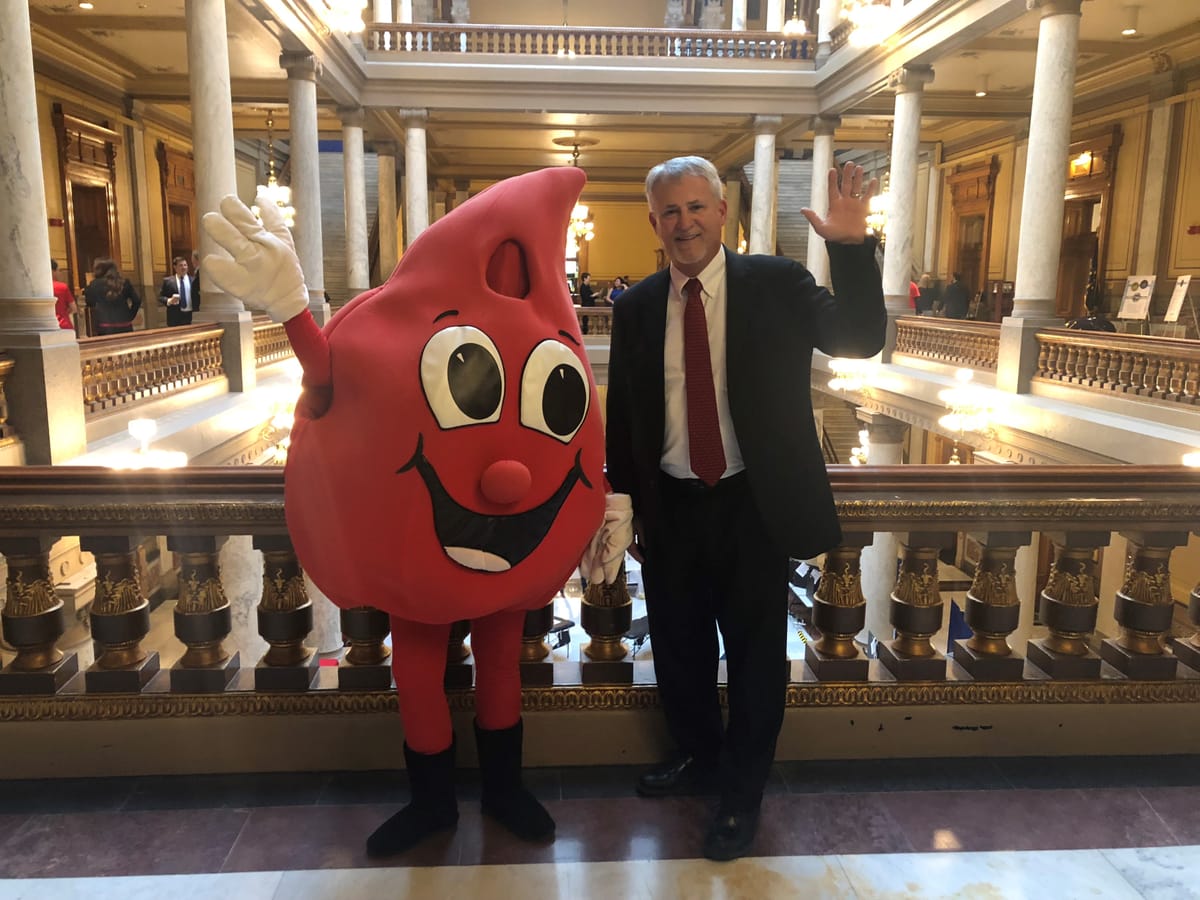One Immediate Action for a Stronger Democracy

Just about every state legislator I talk to says the same thing: I don't hear from constituents.
Now mine is a petite sample size; America has 7,575 state representatives/senators/delegates/assembly members and I've spoken to about 11 of them. But it's also true that only 20% of Americans can name their state legislators. So it doesn't seem too farfetched to guess that more than 11 state legislators don't hear a peep from the people they represent.
Why does this matter; isn't Congress the top banana in American policymaking? Not quite. How many bills do you think Congress is cranking out these days?
Of the 17,817 bills introduced last Congress, only 365 of those became law - a skinny 2%.
Let this serve as a friendly reminder that if you hear a politician say, "WORRY NOT! I'VE GOT A BILL ON THAT" it doesn't mean too much. Any politician can introduce a bill, it takes real chops to pass a bill.
What that 2% stat tells me is that major league decisions - on firearms, abortion, who gets taxed and how much - are being made by state legislators. And I bet their constituents have some thoughts on those issues. But it's hard to share those opinions if we don't know who these electeds are.
If you're thinking, "Well, why don't these legislators come out of the shadows, pound the pavement, press the flesh?" it's just a hair more complicated than that.
The overwhelming majority of state legislatures are part-time, which means the overwhelming majority of state legislators are part-time. Plenty of them have other gigs to pay the bills. So there isn't oodles of time - or money - to crank up their social media presence, do town halls, hold office hours.
With local media struggling to stay afloat, statehouse reporters are few and far between; less than a third of papers have a journalist on the statehouse beat (and that's a 2014 stat, it's likely an even smaller number now). Maybe a few races catch fire and there's a 6pm news spot or a feature in the paper. But that's the exception, not the rule. The rule is candidates spending their campaign season weekends knocking doors and introducing themselves to folks again and again and again.
So let's rewind to where we started: many state legislators don't hear from constituents. But you'd better believe they do hear from lobbyists.
The core promise of democracy is that we get to have a say in how we're governed. Our legislators are our most direct voice to that process. If they don't hear from us, special interest can end up with a far bigger microphone.
So today, a simple action item: pop over to this website to find out about your state legislators. If you like them and they're up for election, you could give their campaign a hand. If you don't like them, maybe find out about their opponent and help out with their campaign.
Many of these down ballot races are decided by slim margins. A few days knocking doors, a few smart (and funny) social media posts could be the difference between a good or not-so-good voice representing you in the statehouse.
And it's another way to rededicate ourselves to the great American project. Government shaped by special interest does not a healthy democracy make. But government shaped by people who care could drive us into a more generous, life-giving future.
